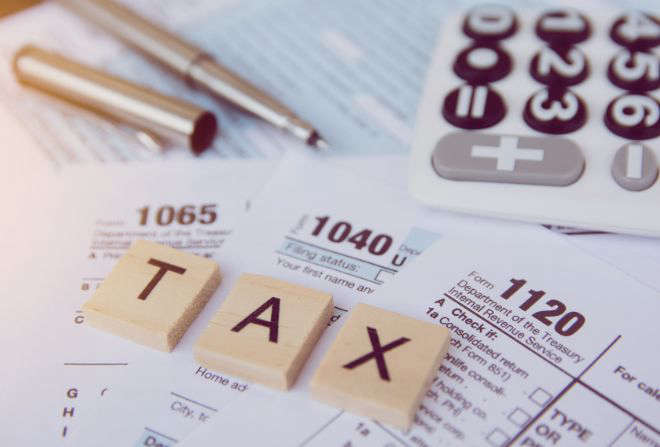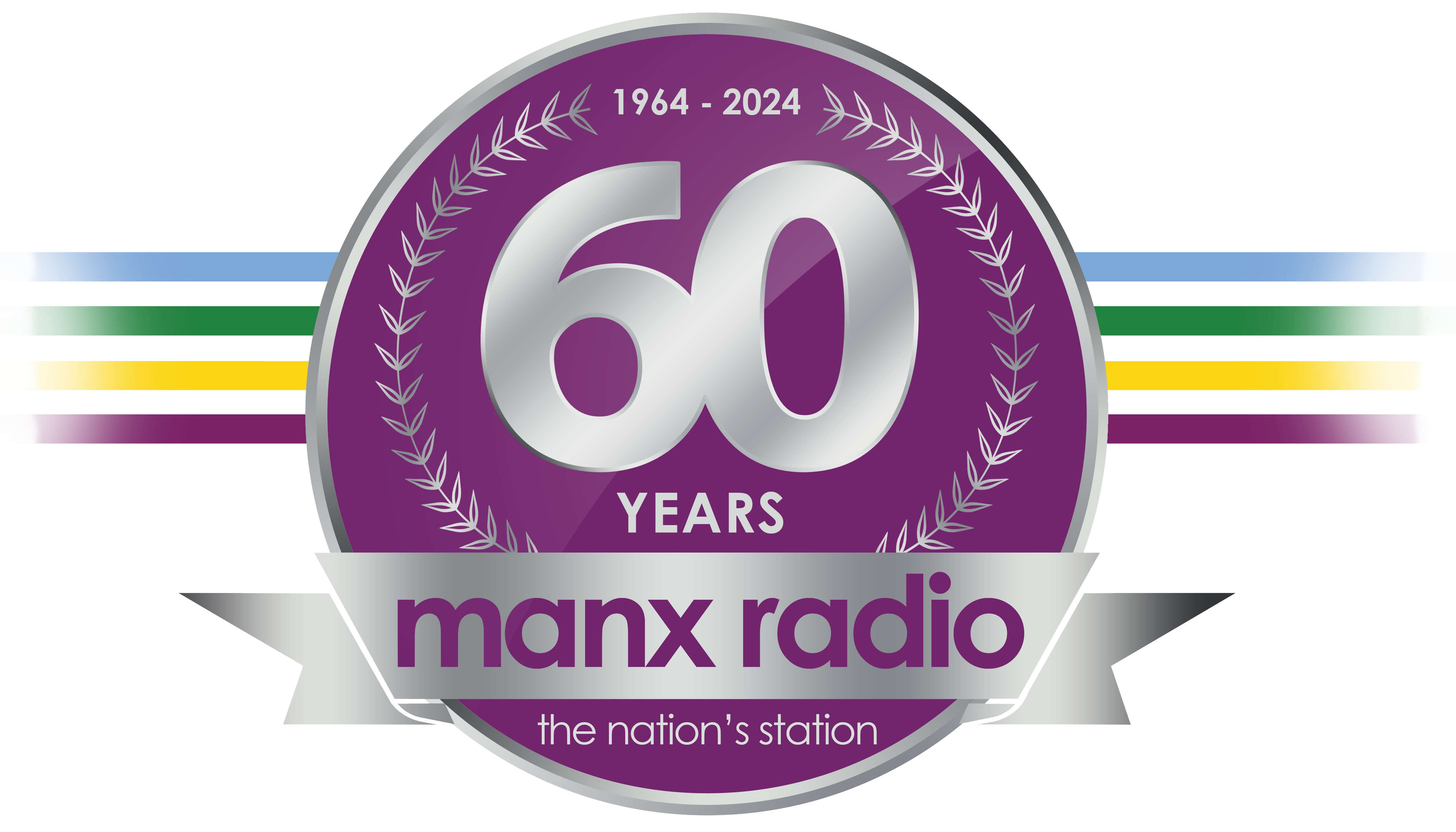
-
DAB+, FM & AM 89, 89.5, 97.2, 103.7 & AM1368
-
Online Listen on Radioplayer
-
Mobile Download the app
-
Smart Speaker Ask your speaker 'play Manx Radio'
Taxes

Taxes:
For the first time since 2010/11, Income Tax is going up.
From April, the higher rate of personal Income Tax will rise from 20% to 22%.
But what does that actually mean?
How Income Tax works:
Everyone has a chunk of their income which they don't get taxed on, which isn't changing this year.
That means individuals can earn £14,500 and jointly assessed couples can earn £29,000 before paying any tax.
Income Tax is split into two parts - the lower rate and the higher rate.
The lower rate means everyone will on be taxed 10% of the next £6,500 they earn.
After that, any remaining earnings will now be taxed at 22%.
Essentially - if you are an individual earning £25,000 a year, you would only be taxed on £10,500.
Of that, for the first £6,500 you will be taxed the lower rate of 10% and for the remaining £4,000 you'll now be taxed 22%.
National Insurance contributions:
Earners also pay National Insurance (NI), which goes into the National Insurance Fund covering things like the state pension and certain other welfare payments.
£267.1 million is National Insurance Funded Welfare Payments, the vast majority of which is used to cover state pensions.
£57.2 million is also going as an NHS allocation for the Department of Health and Social Care.
The rate of NI you pay varies depending on your circumstances.
Your NI contributions will bring in £271.7 million over the next financial year.
The treasury minister has announced the primary and secondary threshold for Class 1 NI contributions and the lower profit limit for Class 4 NI contributions will be increased by 10% to £160 per week.
The upper earnings limit for Class 1 NI contributions and the upper profits limit for Class 4 NI contributions will be increased by 8.5% to £938 per week.
Class 2 and Class 3 NI contribution rates will be increased by 8.5% to £6.20 and £18.95 respectively.
Meanwhile, the NI Holiday scheme will continue for another year.
Corporate taxpayers:
Certain banking businesses and large retailers are also going to face a tax increase - from 10% to 15%.
It'll be introduced in respect of the 2024/25 tax year only.
The 15% rate will only apply to banks and retailers whose profits would otherwise be subject to a top-up tax outside the Island under the OECD’s Pillar 2 Global Minimum Tax initiative.
Meanwhile, a new tax is being introduced meaning companies making money from petroleum extraction in the Isle of Man and its territorial sea will be subject to tax at a rate of 20%.

